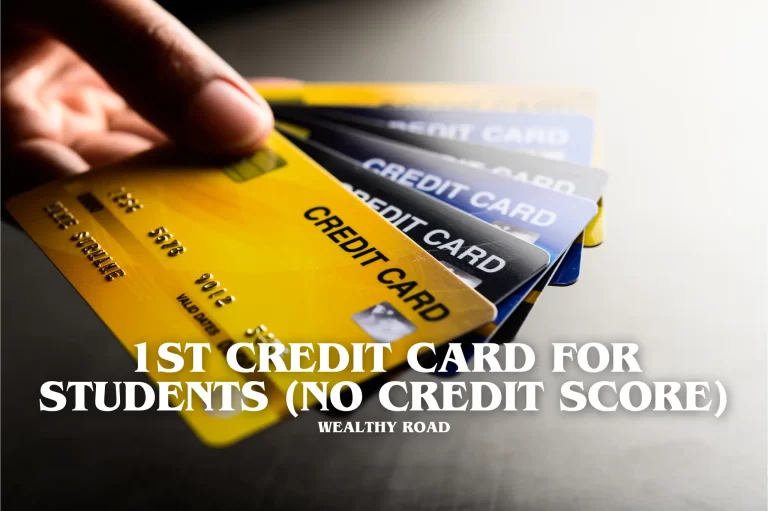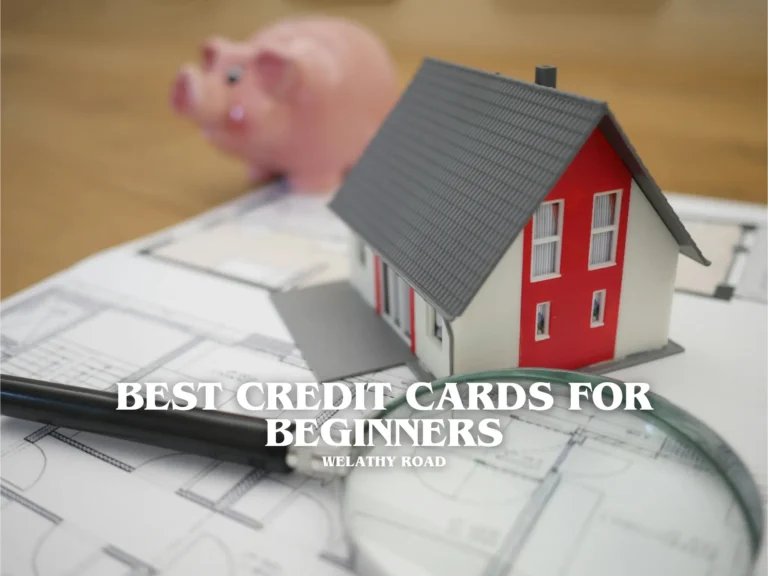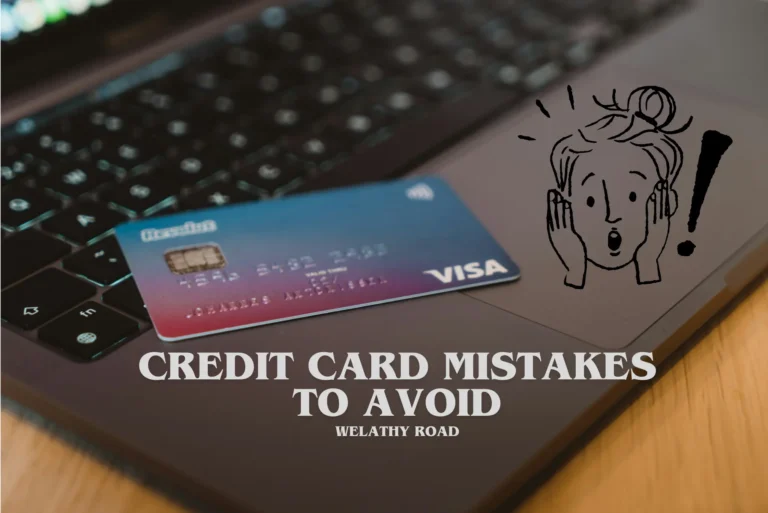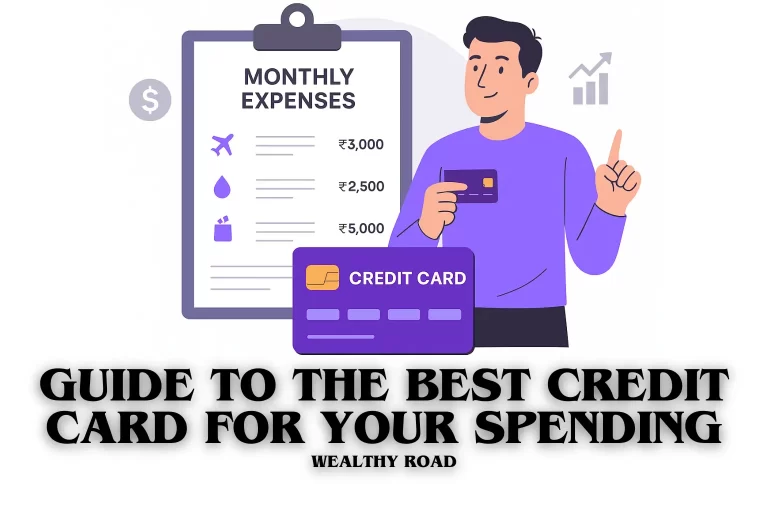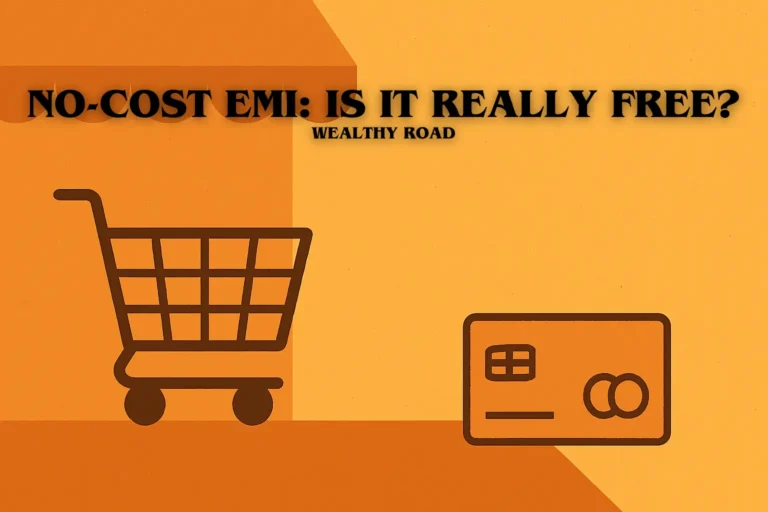First-Time Credit Card User Master Guide: Tips & Mistakes to Avoid
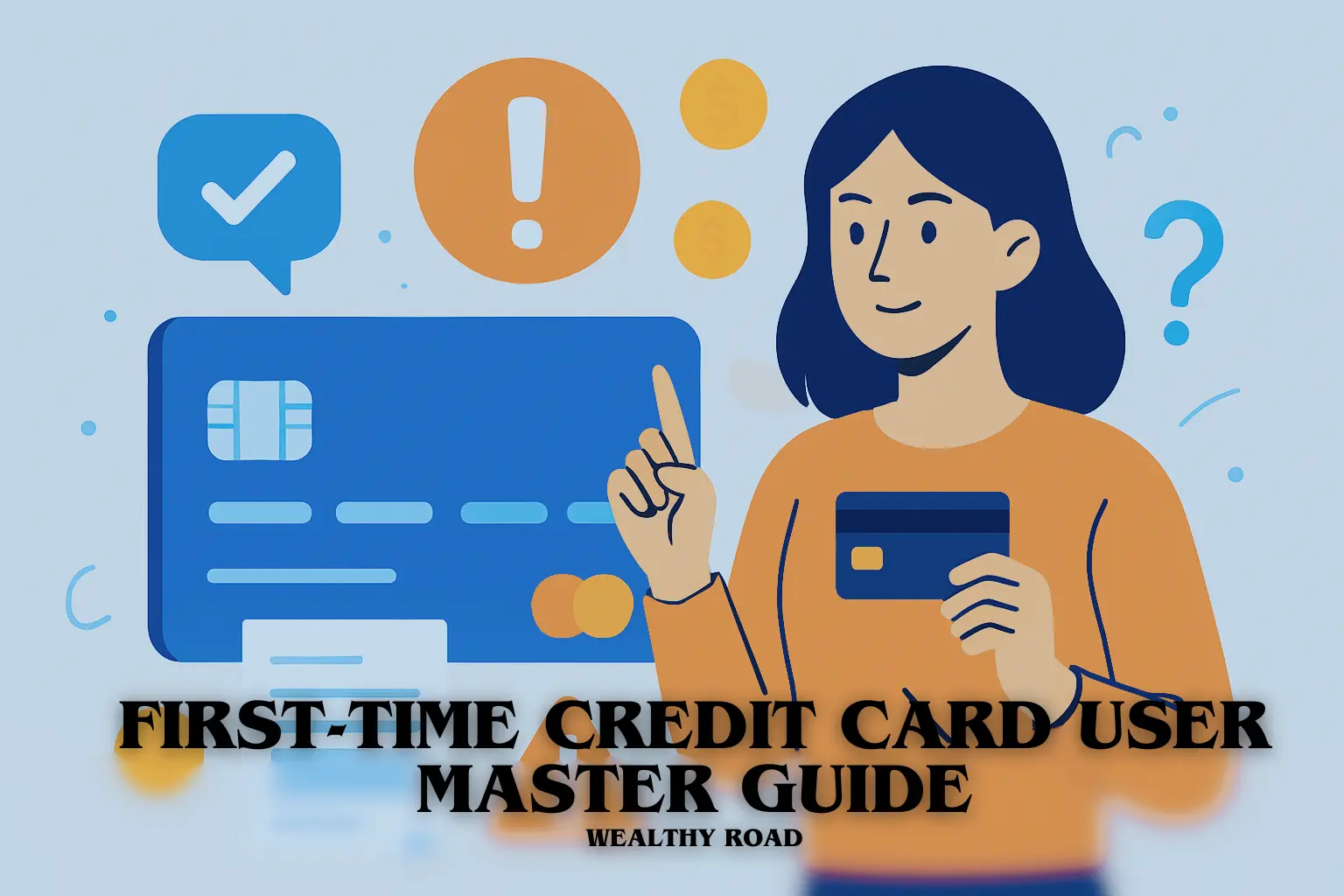
I was recently talking with my friends about which credit card they use. Surprisingly, some of them replied that they don’t use one at all. When I asked why—since people can actually earn real cashback and save money through credit cards—their answers felt genuine. One friend admitted he tends to overspend whenever he has a credit card in front of him. Another said he is still struggling with debt because of past credit card usage.
That’s when I realized many first-time users need the right guidance before getting their first card. And that’s exactly what this master guide is all about—helping you use a credit card wisely, avoid common mistakes, and actually benefit from it. Let’s being our First-time credit card user master guide.
How Credit Cards Work (Basics)
When I got my first credit card, I honestly didn’t understand how it actually worked. I thought it was just another way to pay, but soon I realized it’s more like a short-term loan the bank gives you — and if used smartly, it’s free.
Here’s the simple breakdown from my own experience:
- Credit Limit: My first card had a limit of ₹50,000. That meant I could spend up to ₹50,000 in a month, even if my bank account balance was lower.
- Billing Cycle: Every month, the bank collects all my transactions and generates a statement. For example, if my billing cycle was 1st Jan to 30th Jan, the bill came on 31st Jan.
- Due Date: The bank gave me around 15–20 days after the bill to make payment. So, in this case, my due date would be around 15th Feb.
- Zero Interest Trick: If I paid the full amount by the due date, I paid zero interest. That’s the smartest part — I was literally using the bank’s money for free, sometimes up to 45 days.
- Interest Trap: Once, I made the mistake of paying only the “minimum due.” I thought it was fine, but then I saw how the remaining balance started piling up with interest (30–40% annually!). That was a big lesson.
Example from my journey:
I once bought a phone worth ₹20,000 on 10th Jan and did some shopping for ₹5,000 on 20th Jan. My total bill of ₹25,000 came on 30th Jan. Since my due date was 15th Feb, I paid the full ₹25,000 before that date — result? No extra charges, no stress.
That’s when I truly understood: if you treat your credit card like a tool, not free money, you can enjoy all the benefits without falling into debt.
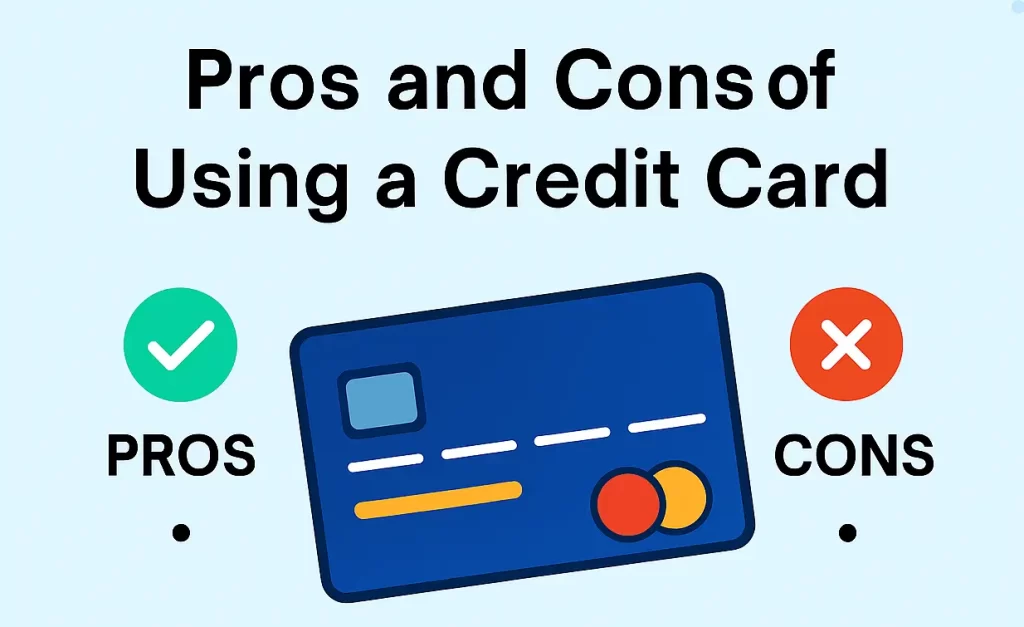
Pros and Cons of Using a Credit Card
Before applying for your first card, it’s important to know both sides of the story. Credit cards can be extremely rewarding if used wisely, but they also come with risks if mismanaged.
Pros of Credit Cards
- Cashback & Rewards
Every swipe can give you something back — cashback, reward points, or discounts. For example, many cards offer 5% cashback on online shopping or fuel. Over time, these benefits add up to real savings. - Interest-Free Period
Credit cards allow you to use the bank’s money for up to 45–50 days without interest (if you pay in full by the due date). This can be a smart way to manage cash flow. - Building Credit Score
Regular on-time payments help build a strong CIBIL score, which is essential if you ever plan to take loans like a car loan or home loan. - Extra Perks
Depending on the card, you may enjoy benefits like airport lounge access, free movie tickets, travel insurance, or exclusive dining offers.
Cons of Credit Cards
- Overspending Temptation
Having a ₹50,000 or ₹1 lakh limit doesn’t mean you should spend it. Many first-time users end up buying things they don’t really need. - Debt Trap
Paying only the minimum due may feel convenient, but the remaining balance attracts very high interest (30–40% annually). This is the fastest way to fall into debt. - Late Fees & Credit Score Damage
Missing even one due date can result in penalties and a drop in your credit score. Once damaged, it takes time and effort to rebuild.
Bottom line: A credit card is like a power tool. In the right hands, it saves money and builds your financial profile. In careless hands, it can create long-term debt.
How to Choose Your First Credit Card
Picking your first credit card can feel confusing — so many options, flashy offers, and hidden terms. The key is to choose a card that matches your lifestyle and is easy to manage. Here are some things to keep in mind:
1. Start with a Beginner-Friendly Card
Look for entry-level cards with low or zero annual fees. These are designed for first-time users and come with simple reward structures.
2. Match the Card with Your Spending Habits
- If you shop online often → go for a card that offers cashback on Amazon, Flipkart, or Paytm.
- If you travel frequently → look for travel rewards or lounge access.
- If your expenses are basic (groceries, fuel) → choose a card that gives everyday rewards.
3. Check the Fees & Charges
Don’t get carried away by the joining bonus or flashy rewards. Always check:
- Annual fee (and whether it can be waived off)
- Late payment charges
- Interest rate (APR)
4. Consider Your Bank Relationship
If you already have a salary account or savings account with a bank, applying for their credit card often makes approval easier. Some banks even give FD-backed credit cards for beginners who don’t have a strong credit history.
5. Look Beyond the First-Year Offers
Many cards attract beginners with first-year discounts or vouchers. What matters is whether the long-term benefits actually fit your spending style.
Quick Tip: Your first credit card is not your last card. Start simple, build a good credit history, and later you can upgrade to premium cards with bigger benefits.
Smart Habits vs. Common Mistakes with Credit Cards
When it comes to credit cards, good habits can save you money, while bad habits can cost you heavily. Here’s a side-by-side view of what to do and what to avoid as a first-time user:
Smart Habits (Golden Rules)
- Always pay the full bill, on time → Avoids interest & protects credit score.
- Use less than 30% of your credit limit → Shows discipline to banks.
- Track expenses regularly → Keeps you in control of spending.
- Read fee & reward terms carefully → No surprises in charges later.
Common Mistakes to Avoid
- Paying only the minimum due → Leads to high interest and debt trap.
- Missing due dates → Late fees + damaged credit score.
- Overspending because of high limit → Borrowed money isn’t free money.
- Applying for too many cards at once → Hurts approval chances and score.
- Ignoring annual/renewal fees → Can eat up your rewards if not checked.
Takeaway: Follow the smart habits, avoid the mistakes, and your credit card will become a money-saving tool instead of a debt burden.
How to Build a Good Credit Score from Day One
Your credit score (CIBIL score in India) is like your financial report card. Banks and lenders check it whenever you apply for a loan or even another credit card. A good score means you are seen as a responsible borrower.
Here’s how you can build it right from your first card:
- Pay on time, every time → Even one late payment hurts your score.
- Keep usage below 30% of your limit → If your limit is ₹50,000, try to stay under ₹15,000 in a cycle.
- Avoid too many applications → Stick to one card in the beginning and build history.
- Let your card age → The longer you keep your first card active, the stronger your credit history becomes.
- Check your score regularly → Websites like CIBIL, Experian, or PaisaBazaar let you check it for free.
Pro Tip: Think of your first credit card as an investment in your financial future. The good habits you start today will make it easier to get car loans, home loans, or even premium cards tomorrow.
Conclusion: Mastering Your First Credit Card
From my experience guiding beginners and managing my own credit cards, one thing is clear: a credit card is not just a payment tool — it’s a financial lever. When used responsibly, it can help you earn cashback, rewards, and build a strong credit score. Misused, it can lead to debt and financial stress.
Here’s what first-time users must remember:
- Discipline is key → Always pay your bill in full and on time.
- Spend wisely → Keep usage under 30% of your limit and track every expense.
- Plan long-term → Your first card is the foundation for future loans, premium cards, and financial opportunities.
I’ve seen countless beginners turn their first card into a powerful tool for financial growth, simply by following these principles. By sticking to these habits and avoiding common mistakes, you’re not just using a credit card — you’re building a reliable financial profile for years to come.
Start smart today, and your credit card will work for you, not against you.

